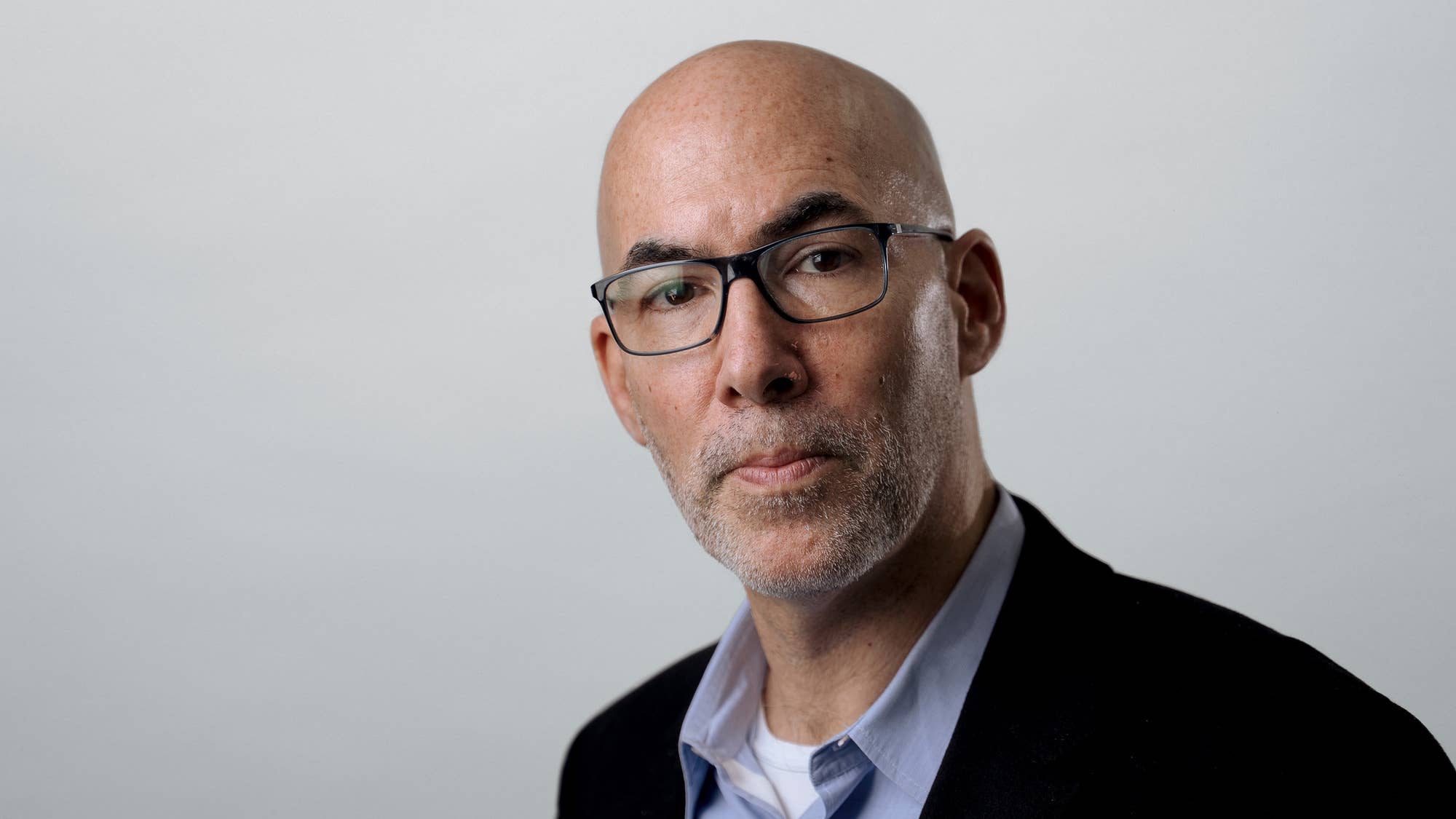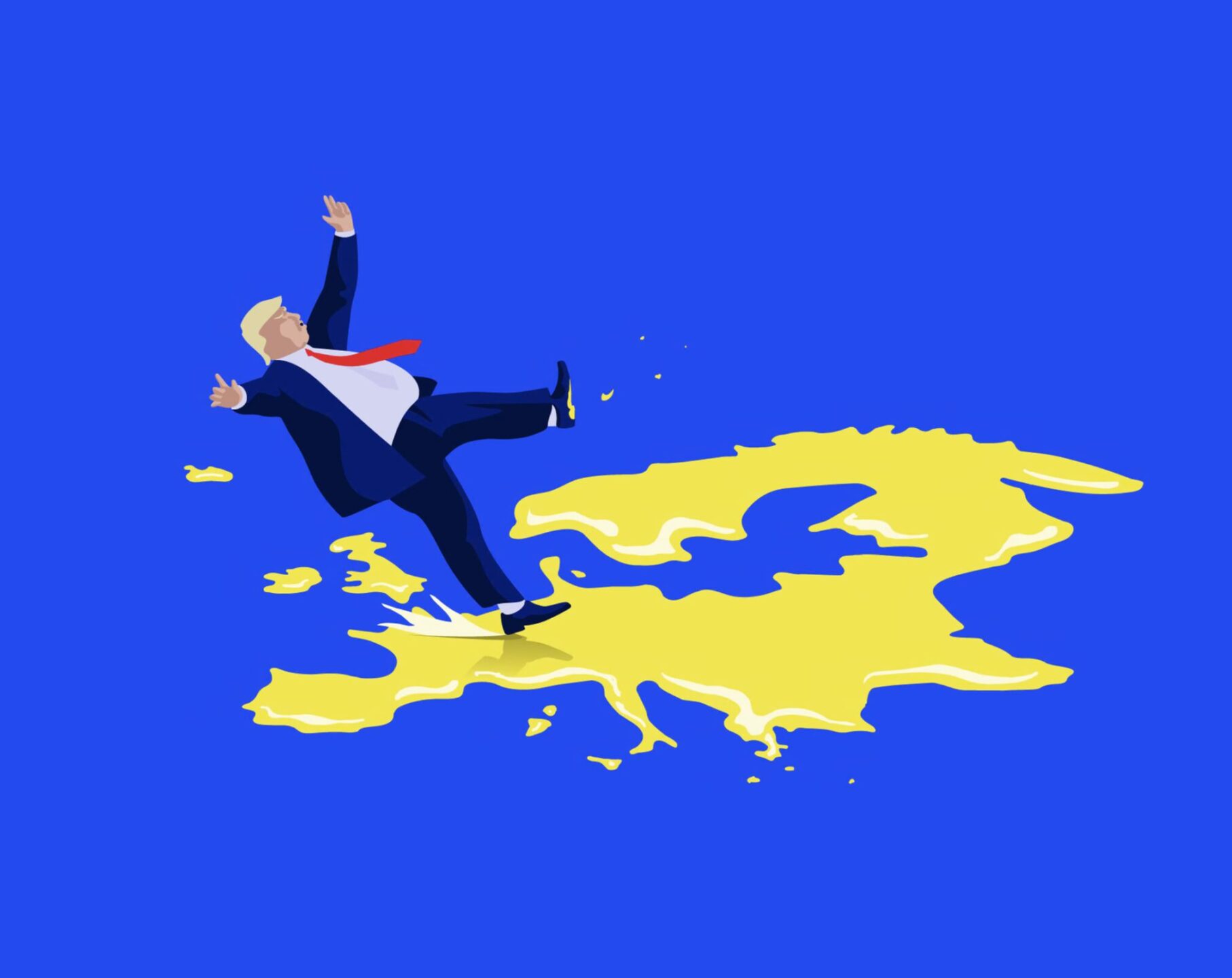‘World War C’: A thorough examination of the COVID-19 pandemic
Gabrielle Abdelmessih, Campus Editor
OCTOBER 20, 2021
Before I begin this review, let me preface it by saying that I think of Dr. Sanjay Gupta, neurosurgeon and CNN’s chief medical correspondent, as the medical and journalistic equivalent to a rock star. For twenty years, Dr. Gupta has covered major medical events, highlighted scientific breakthroughs, and championed human resiliency.
He has reported on the ground from war zones in the Middle East, St. Vincent’s Hospital in New York on 9/11 and natural disasters across the globe. In this year alone, Dr. Gupta covered the devastating Surfside condominium collapse, the dominating COVID-19 pandemic and infection prevention measures at the Tokyo Olympic Games — not to mention, also guest-hosted “Jeopardy!”.
It is no secret to the people in my life, including those I work with at The Post, that I look up to Dr. Gupta. Just ask our editor-in-chief! I was partly inspired by Dr. Gupta to add journalism to my undergraduate studies and start the first public health column for The Post. His ability to clearly convey information, humbly admit when he doesn’t know something and willingness to have difficult conversations is something I strive to emulate every day.
As someone studying biomedical sciences and journalism, I most definitely have similar career aspirations to what Dr. Gupta has achieved, but it goes beyond that. I want to be someone who approaches her (hopefully!) future career in medicine with kindness, compassion and a commitment to clear and effective public health communication. Throughout his career as a physician journalist, Dr. Gupta has been a public figure who has embodied all of those qualities and is someone to learn from. Plus: He is a fellow Michigander!
Dr. Gupta’s new book, “World War C: Lessons from the COVID-19 Pandemic ”, is a perfect example of his signature clarity. Written in a postmortem perspective, “World War C” offers an autopsy-like analysis of the COVID-19 pandemic, examining what went wrong, what went right and what lessons we have learned, because, as Dr. Gupta wrote, “The pandemic has been so undeniably brutal, but the experience has also equipped us with the knowledge to not only better survive the next time around, but to thrive. The obligation is to embrace the lessons and never forget what really happened during World War C.”
Everything from investigating the origins of COVID-19, to the nefarious mechanisms in which it attacks the body are included. Readers also get eye-opening insight into how notable figures like Dr. Anthony Fauci, Dr. Deborah Birx and former director of the CDC Dr. Robert Redfield approached the fight against this virus. There are so many fascinating discussions involving pandemic research and vaccine development from experts from around the world. If it involves COVID-19 or helps one better understand the context of the virus in human and pathogenic history, this book goes there.
I was particularly struck by a story included about identical thirty-five-year-old twin sisters, who both got infected with COVID-19 in the spring of 2020 and were treated at Ascension Providence, a hospital just a few miles away from Oakland University. The story highlights how we all assess risk differently, a thought I hadn’t really considered until reading.
The pandemic has taken an obvious toll on all of us and has left devastating effects in its waning aftermath, which Dr. Gupta acknowledges. However, he stresses that the future isn’t entirely bleak. By taking what we have learned into account and prioritizing our physical and mental health through sleep, exercise and a healthy diet, we as individuals and as a collective humanity can be better prepared for the next time — because there will be a next time.
My one complaint is that some of the material is a bit repetitive if you have seen Dr. Gupta’s COVID-19 documentaries, listened to his podcasts, or read some of his other work. With that being said, it doesn’t necessarily mean the information isn’t worth repeating!
If you love science and history, then this book is a must-read for you. If you are vaccine-hesitant or have any outstanding questions about COVID-19, then this book is a must-read for you.
In “World War C” Dr. Gupta examines COVID-19 and its effects around the world much like a competent physician gathers information about a sick patient. In medical school, students are taught to approach illness in a thoughtful, ordered manner. Many call this the SOAP note. This acronym stands for the Subjective, Objective, Assessment and Plan process. When reading this book, it is apparent that Dr. Gupta follows a very thorough, ordered pattern of thought to examine this very sick global patient.
By the time the reader is wrapping things up, they have a much better understanding of the predicaments that led to the illness, the treatment plan moving forward and a prognosis
for how the patient will handle future illness.
Relevant and recent posts




